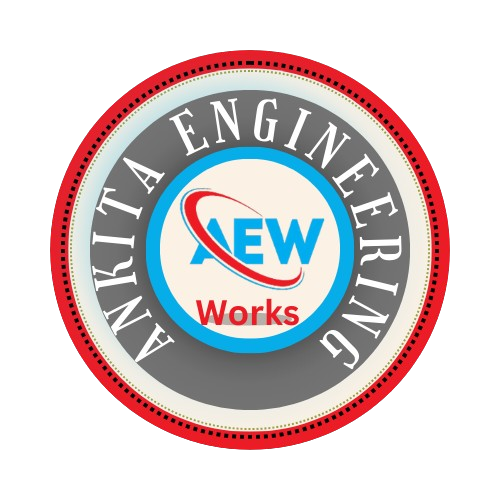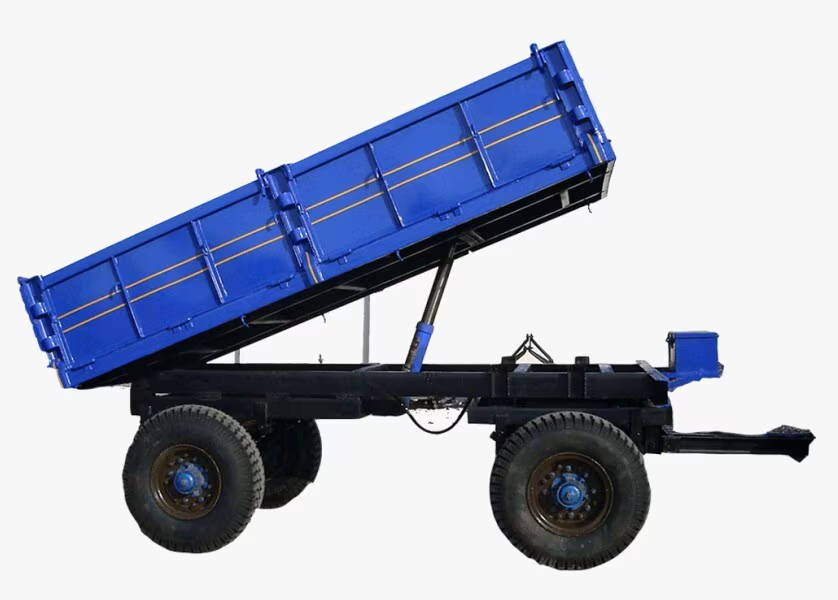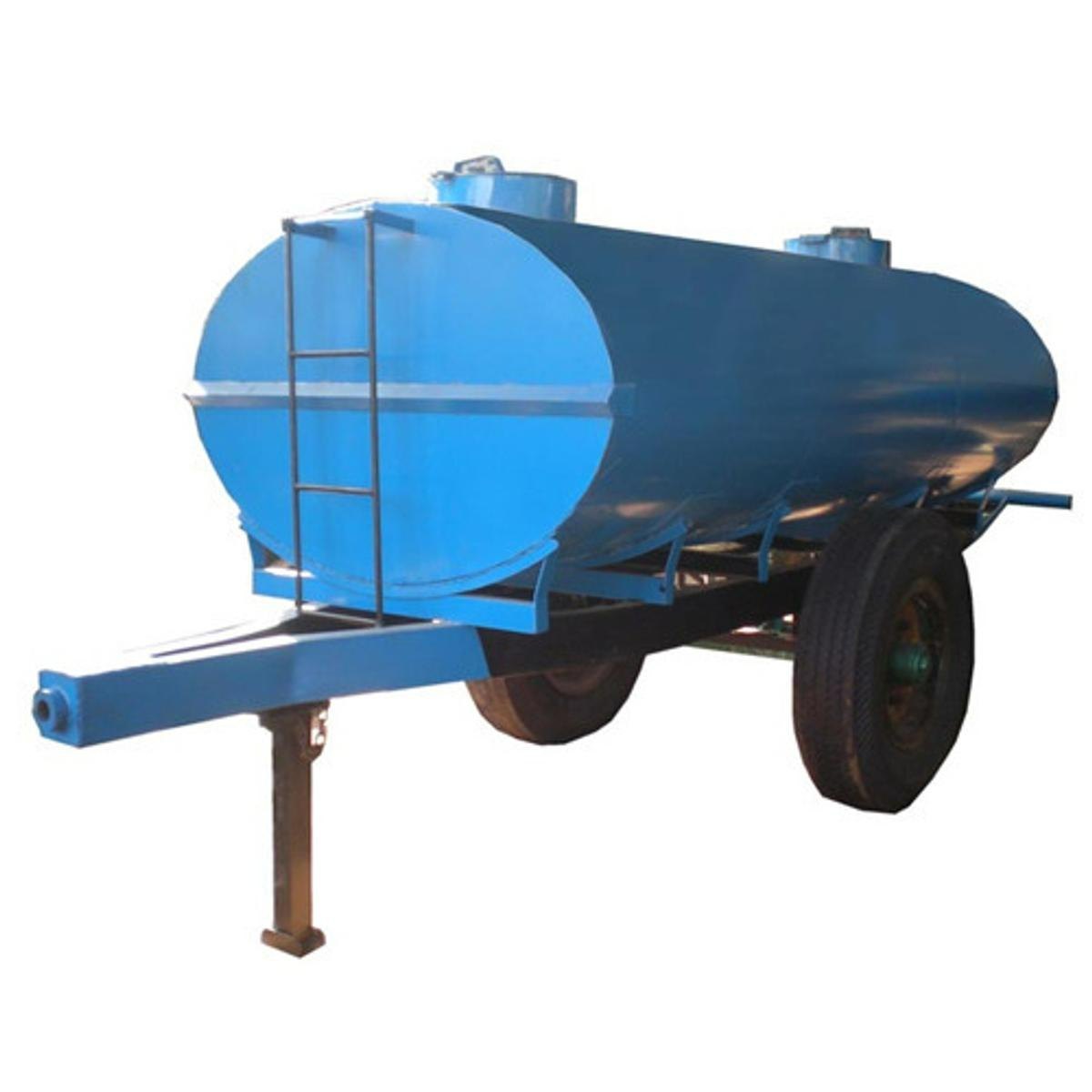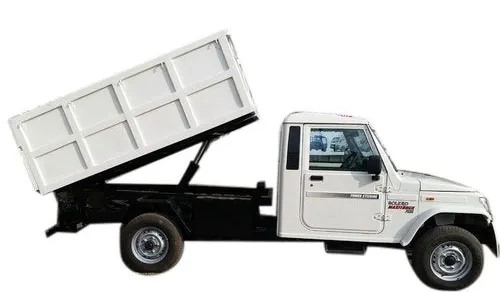Tractor Trolley Manufacture In Jaipur
Tractor trolleys are essential agricultural and industrial vehicles designed for hauling heavy loads, whether for farming, construction, or logistics. These trolleys are hitched to tractors and used for transporting various materials such as crops, fertilizer, construction materials, or even waste. Jaipur, a significant industrial hub in Rajasthan, is home to several manufacturers that specialize in producing durable and reliable tractor trolleys. This blog will explore the process of tractor trolley manufacturing in Jaipur, the different types available, the benefits they provide, and the leading manufacturers in the city.
1. What is a Tractor Trolley?
A tractor trolley is a wheeled cart designed to be attached to a tractor for the purpose of transporting goods or materials. It comes in various sizes and configurations, depending on the type of load it needs to carry. Tractor trolleys are widely used in agriculture, construction, transportation, and even in some industrial applications.
The key features of a tractor trolley include:
- Chassis: The main frame that supports the trolley, made of strong, durable materials like steel or iron.
- Wheels: Large, sturdy wheels that can handle the weight of heavy loads and rough terrains.
- Hitching Mechanism: A system that allows the trolley to be attached to a tractor.
- Load Bed: The flat surface or container where materials are loaded, which may have high sides or a reinforced bed for safety.
- Braking System: Some tractor trolleys come equipped with a braking system for added safety during operation.
2. Tractor Trolley Manufacturing Process in Jaipur
The manufacturing of tractor trolleys in Jaipur involves various processes to ensure the durability, safety, and functionality of the product. Here's an overview of the key steps involved:
a. Design and Customization
Manufacturers in Jaipur offer customized tractor trolleys to meet the specific needs of different industries. The design process includes:
- Load Capacity: The trolley's size and weight capacity are determined based on the type of materials it will be transporting. Whether it’s for agricultural use (lightweight) or industrial use (heavy-duty), customization options are available.
- Material Selection: High-quality steel or iron is used to ensure the trolley is durable and capable of carrying heavy loads. The material also needs to withstand outdoor conditions and rough terrains.
- Dimensions and Shape: The size of the trolley’s bed and height of the sides are designed according to the materials it is intended to carry.
b. Fabrication and Assembly
- Frame Construction: The trolley frame is fabricated using robust steel or iron sheets. The frame must be strong enough to withstand heavy loads, bumps, and rough roads.
- Wheel Installation: Large, durable wheels are attached to the frame to ensure that the trolley can carry heavy loads and traverse various terrains. These wheels are designed for excellent grip and stability.
- Load Bed Fabrication: The load bed is built to suit the materials it will carry. Some trolleys feature high walls to prevent materials from falling off during transport, while others may have flatbeds for easier loading and unloading.
- Hitching Mechanism: The hitching mechanism, typically a pin or hook system, is installed to securely attach the trolley to the tractor.



